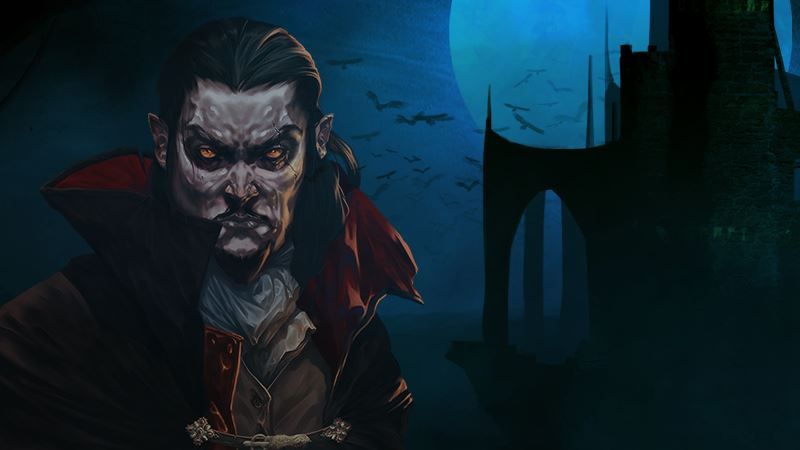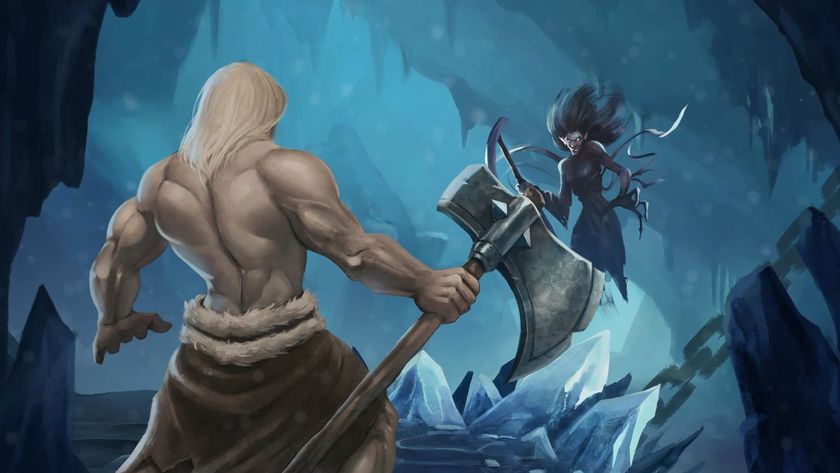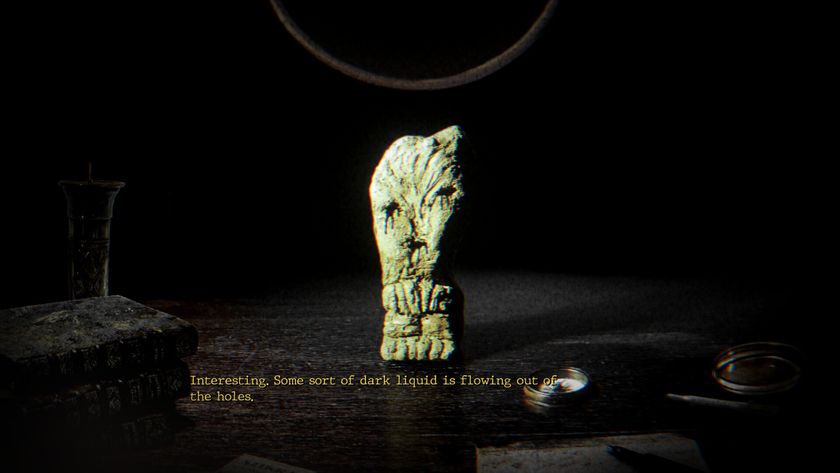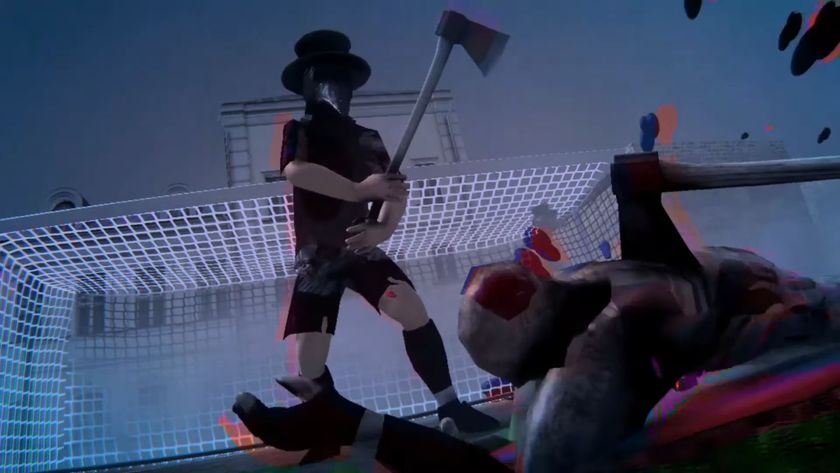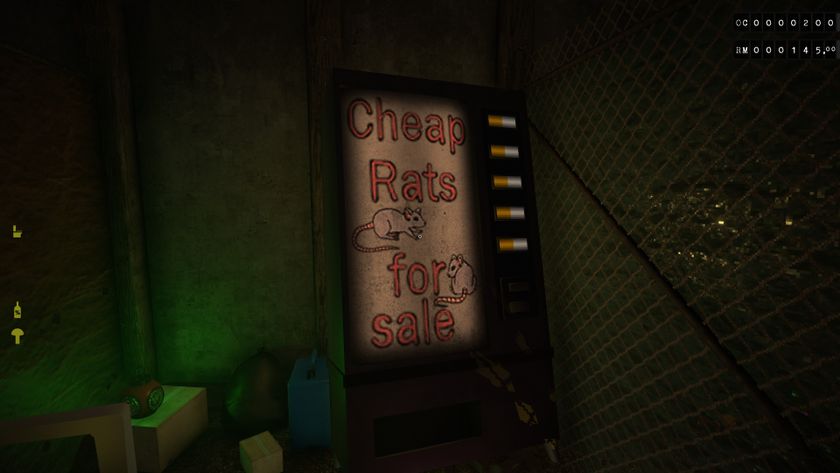Call of Duty Cold War should bring back Black Ops II's unlikely RTS missions
Remember when COD turned into Command & Conquer: Renegade?
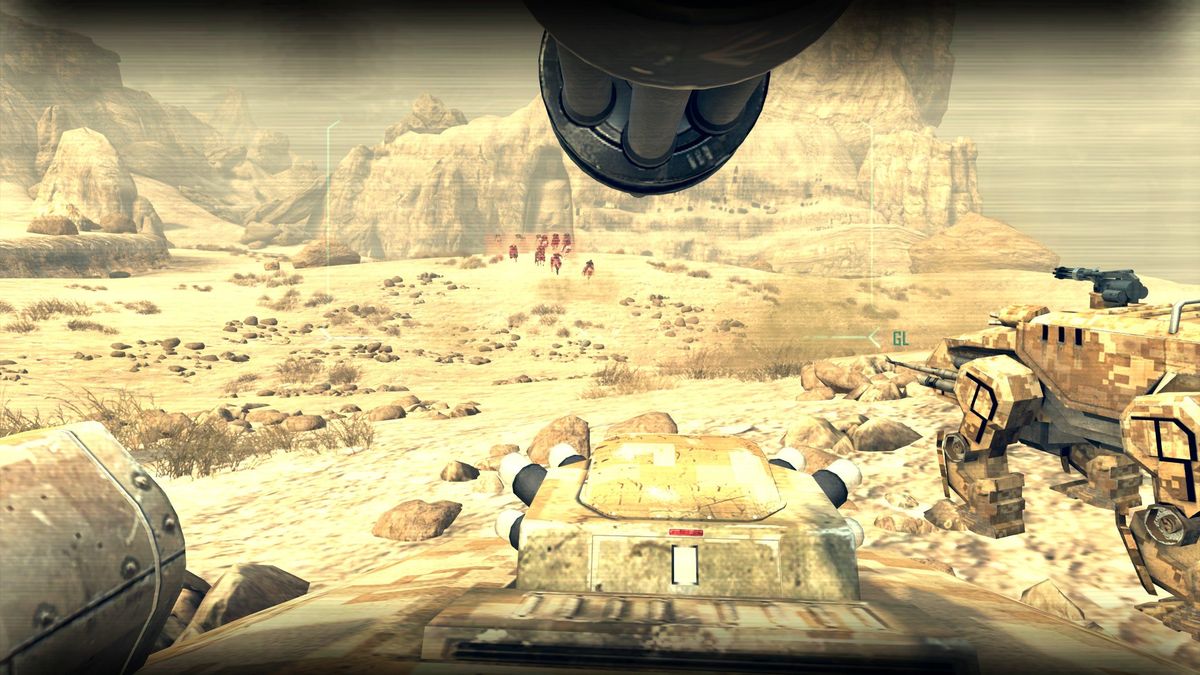
Black Ops II is well remembered for three things: its multiplayer, which many consider the peak of classic COD; the campaign, an ultra-grim Greek tragedy with AKs; and the post-credits sequence, in which narco-terrorist Raul Menendez strapped on a bass guitar and joined the rhythm section of Avenged Sevenfold. I wouldn’t mind forgetting the latter, actually.
What’s less talked about is Strike Force, the series of levels that ran parallel to the single-player campaign—a brave, and failed, experiment that brought real-time strategy to Call of Duty.
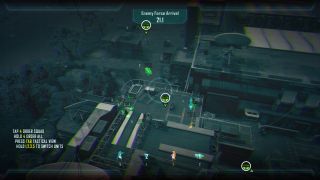
To my mind, COD’s dalliance with the RTS genre began with Modern Warfare, and specifically Death From Above, the level viewed from 7,000 feet up in a Spectre gunship. Peering through a black-and-white screen, you picked off tiny targets as Price, Soap, and their squad of murderlads sprinted to extraction down below.
Treyarch revived that perspective for the first Black Ops. From a Blackbird reconnaissance aircraft in the campaign, you briefly directed a team of commandos as they navigated Russian patrols. Very briefly; as soon as you issued a single order, the game moved on to its next protagonist.
Only in Black Ops II did the studio grant us complete control of the battlefield for the duration of a mission. In Strike Force mode, you start off looking through the eyes of a soldier, same as always. Hitting tab, however, brings up tactical view: from there you can send any friendly unit to a waypoint somewhere on the map: a bottleneck to defend, or an enemy to shoot to bits.
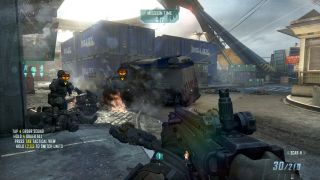
Best of all, you don’t have to come back to earth in the same spot you left it. Select another soldier in a more opportune position, or wielding a rocket launcher, and the camera will swoop down to their position instead. That’s true even for the drones that zip above the buildings, and the autonomous machine guns that trundle about the map on tracks; you can seize control of anything that moves. For me, it feels like the logical conclusion to all of COD’s perspective hopping. If Modern Warfare 2 could cast you as a dead body dragged into a shallow grave, why not a hunk of metal glued to a machine gun and a GoPro?
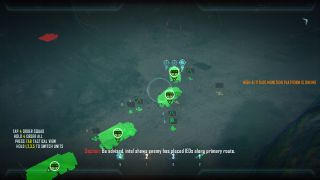
Even in first-person, Strike Force gives you access to your commands, turning COD into a slightly clumsy tactical shooter. Spot an enemy RPG on a roof? Hit 5 to select your helicopter support, then tap 4 on the target. Just, er, don’t hold 4, which sends everyone, almost certainly getting them killed.
The biggest gaming news, reviews and hardware deals
Keep up to date with the most important stories and the best deals, as picked by the PC Gamer team.
OK, so it’s not Rainbow Six, and the key bindings could do with a little finessing. But there’s something exciting about fiddling with this strange hybrid, particularly in a series that tends to evolve slowly and conservatively. Strike Force ties Black Ops II to a history of brave action-RTS games on PC, from Shiny’s Sacrifice, through Double Fine’s Brutal Legend, all the way to Fortnite’s Save the World mode. These are hectic strategy games that light up two parts of your brain at once; games in which tactical problems can be solved by jumping into the fray for a spot of Hail Mary hack and slash.
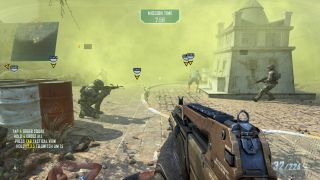
Strike Force is not the best example of this oddball genre, it has to be said. Since units have FPS health bars, they tend to die quickly, often forcing you to bunker down at an objective until your reinforcements hike halfway across the map. And of the mode’s five missions, roughly half feature assault objectives that don’t show the mechanics in their best light: when you’ve got two city blocks of respawning enemies to wade through, it makes more sense to sprint for the goal than to micromanage.
But when it works—as in the defensive FOB Spectre, wisely the only RTS mission Treyarch made mandatory to finish the game - you can still see the potential. I don’t expect Strike Force to make a return in Cold War’s campaign, but if Activision could spare a bit of cash for an experimental DLC pack, it would make COD feel like a platform where surprises can happen, rather than just something that comes around every November.
Jeremy Peel is an award-nominated freelance journalist who has been writing and editing for PC Gamer over the past several years. His greatest success during that period was a pandemic article called "Every type of Fall Guy, classified", which kept the lights on at PCG for at least a week. He’s rested on his laurels ever since, indulging his love for ultra-deep, story-driven simulations by submitting monthly interviews with the designers behind Fallout, Dishonored and Deus Ex. He's also written columns on the likes of Jalopy, the ramshackle car game. You can find him on Patreon as The Peel Perspective.
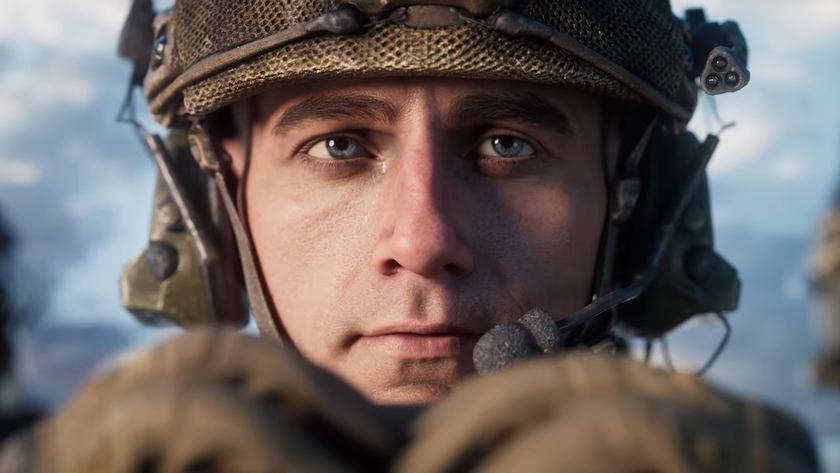
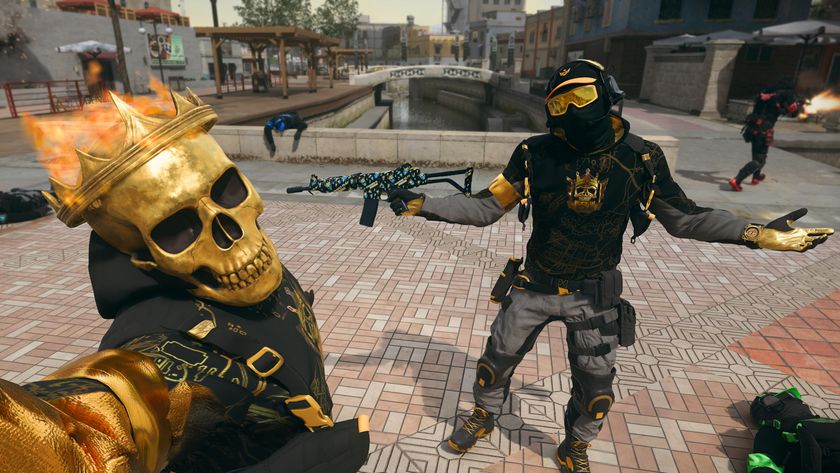
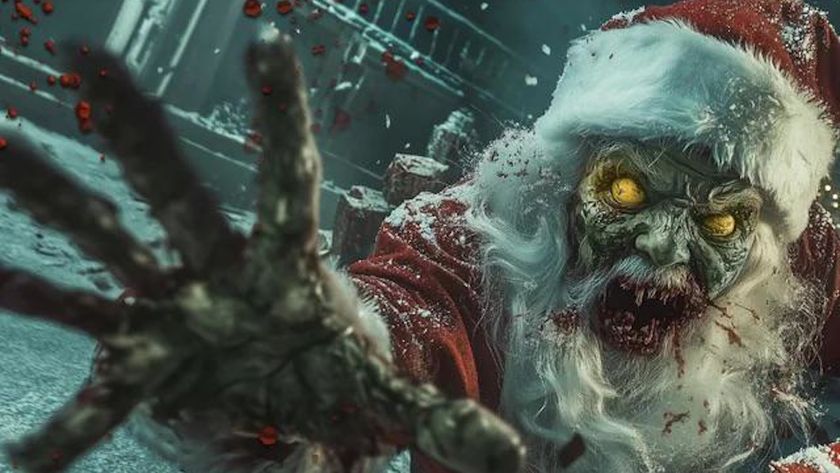
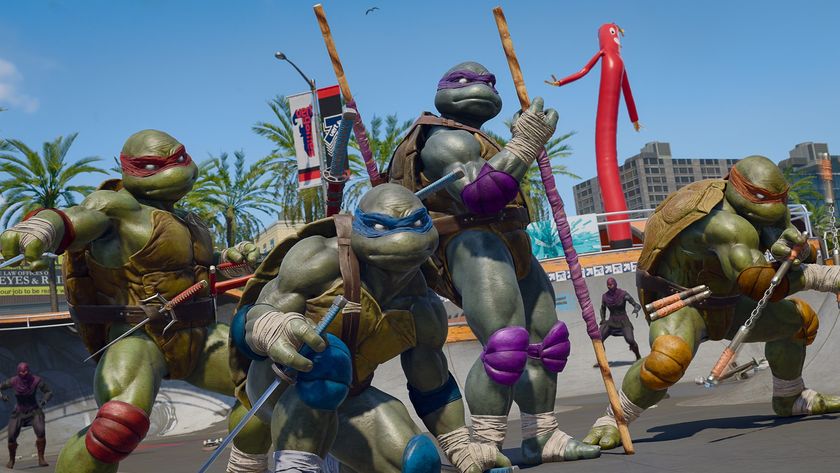
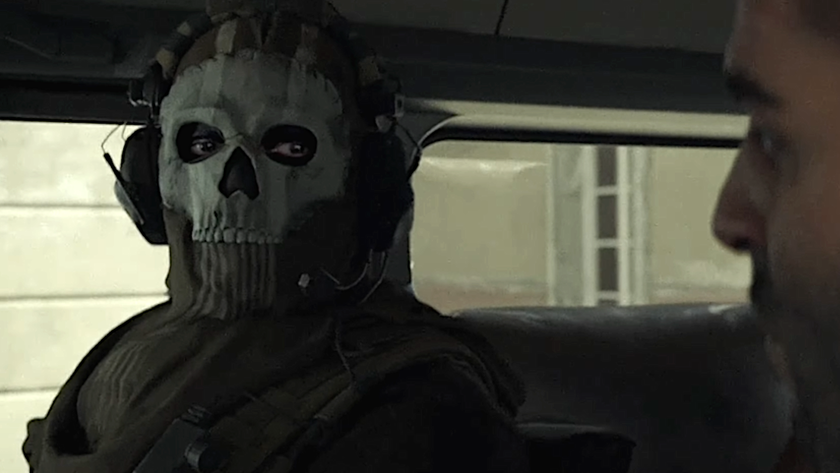
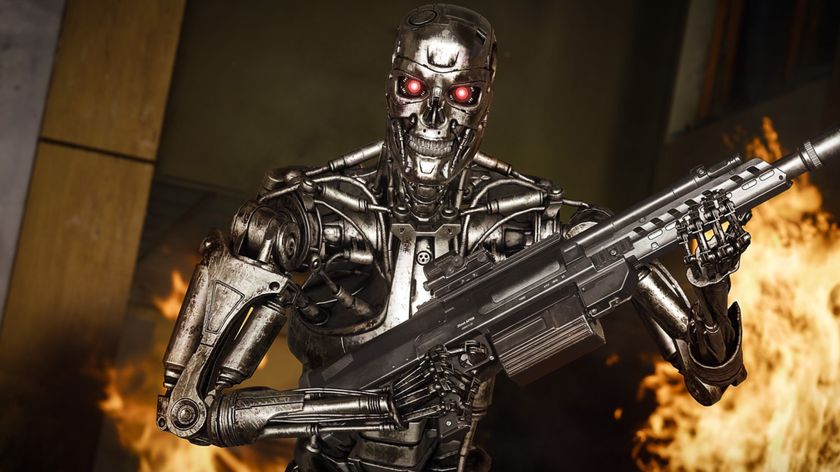

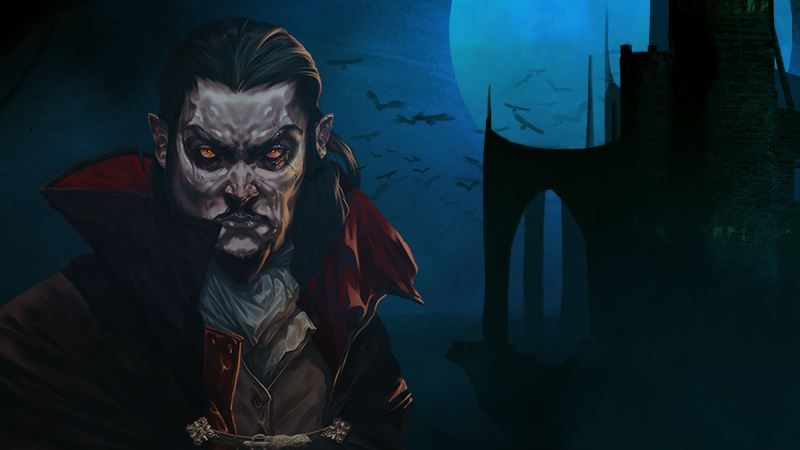
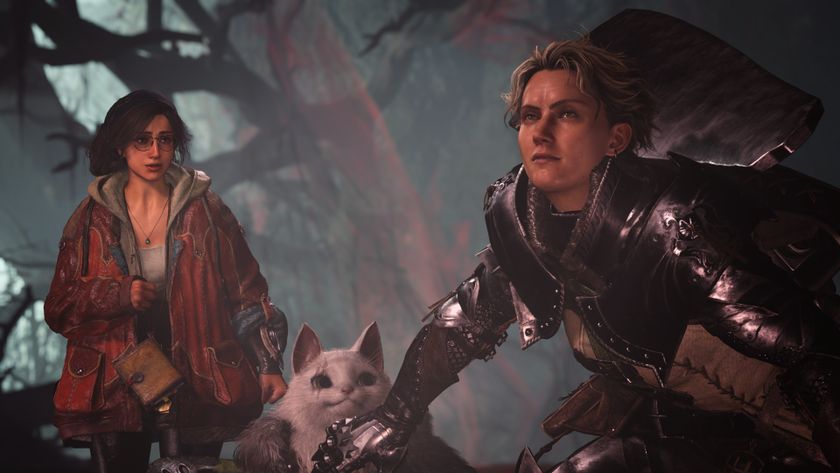
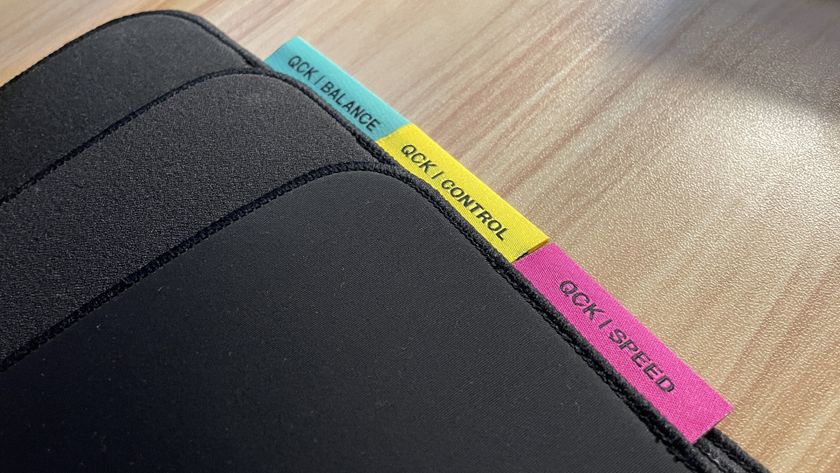
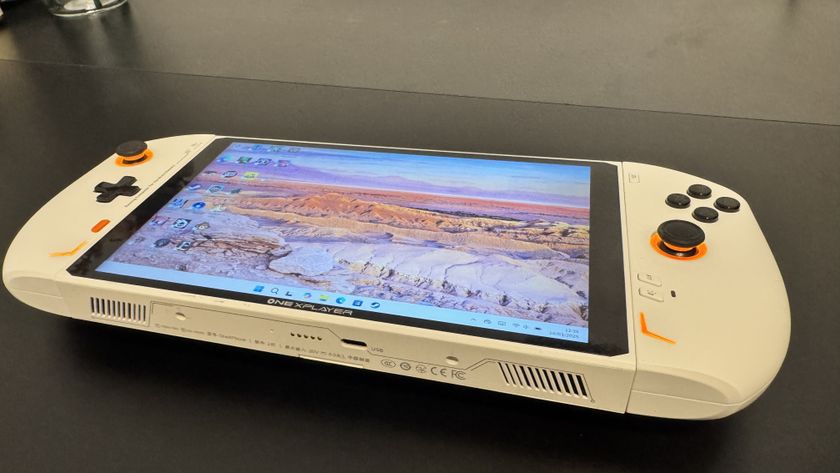
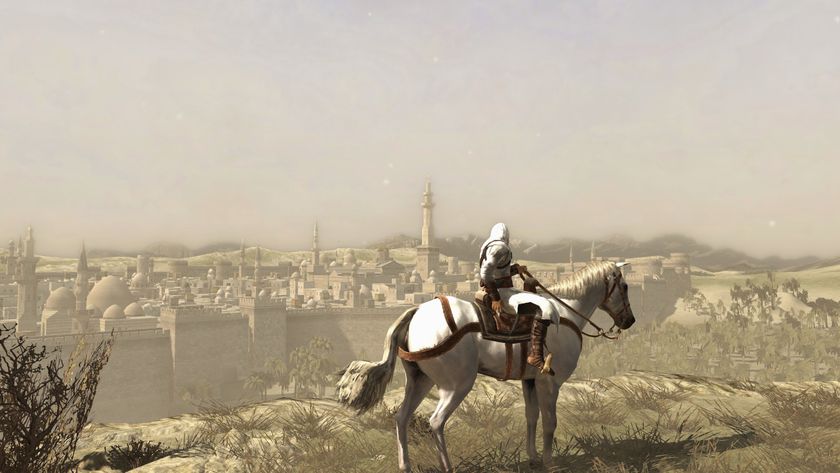

The original Verdansk map is returning to Call of Duty: Warzone, to celebrate which we get a soldier crying to Nat King Cole

Call of Duty: Black Ops 6 Season 3 has been delayed, as the devs say they're 'taking the time to deliver a great experience' for what will be a 'big moment' for Call of Duty

